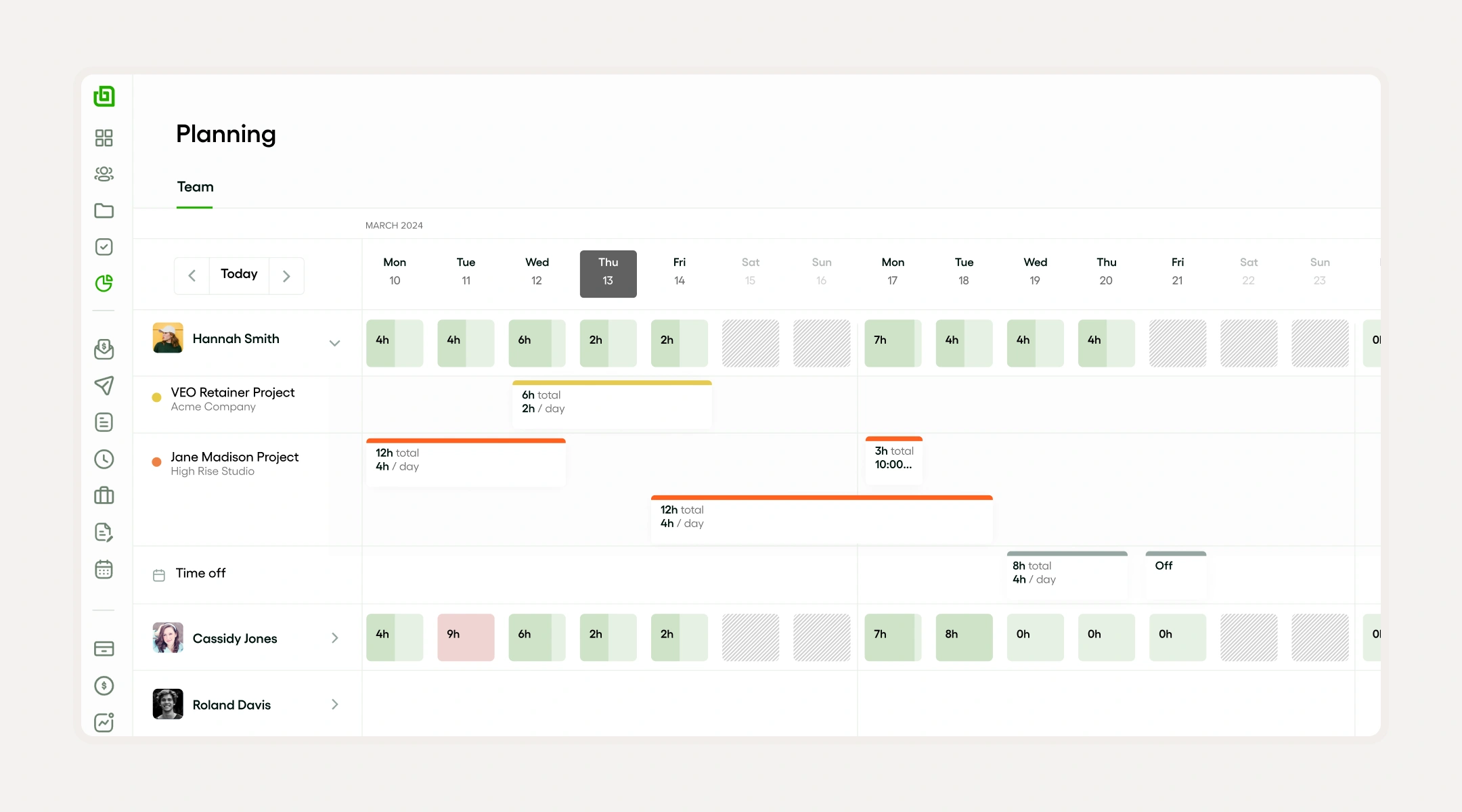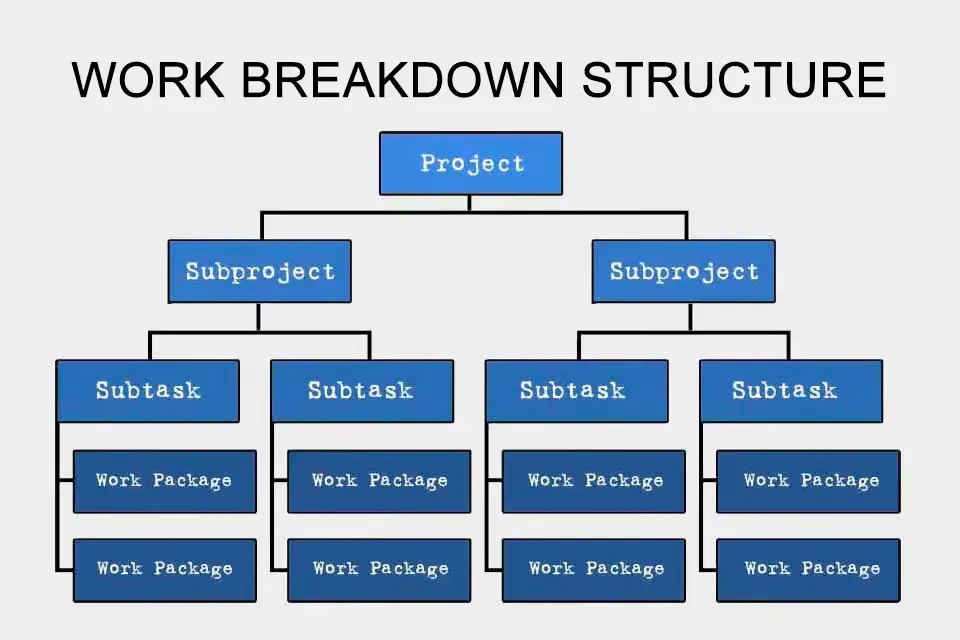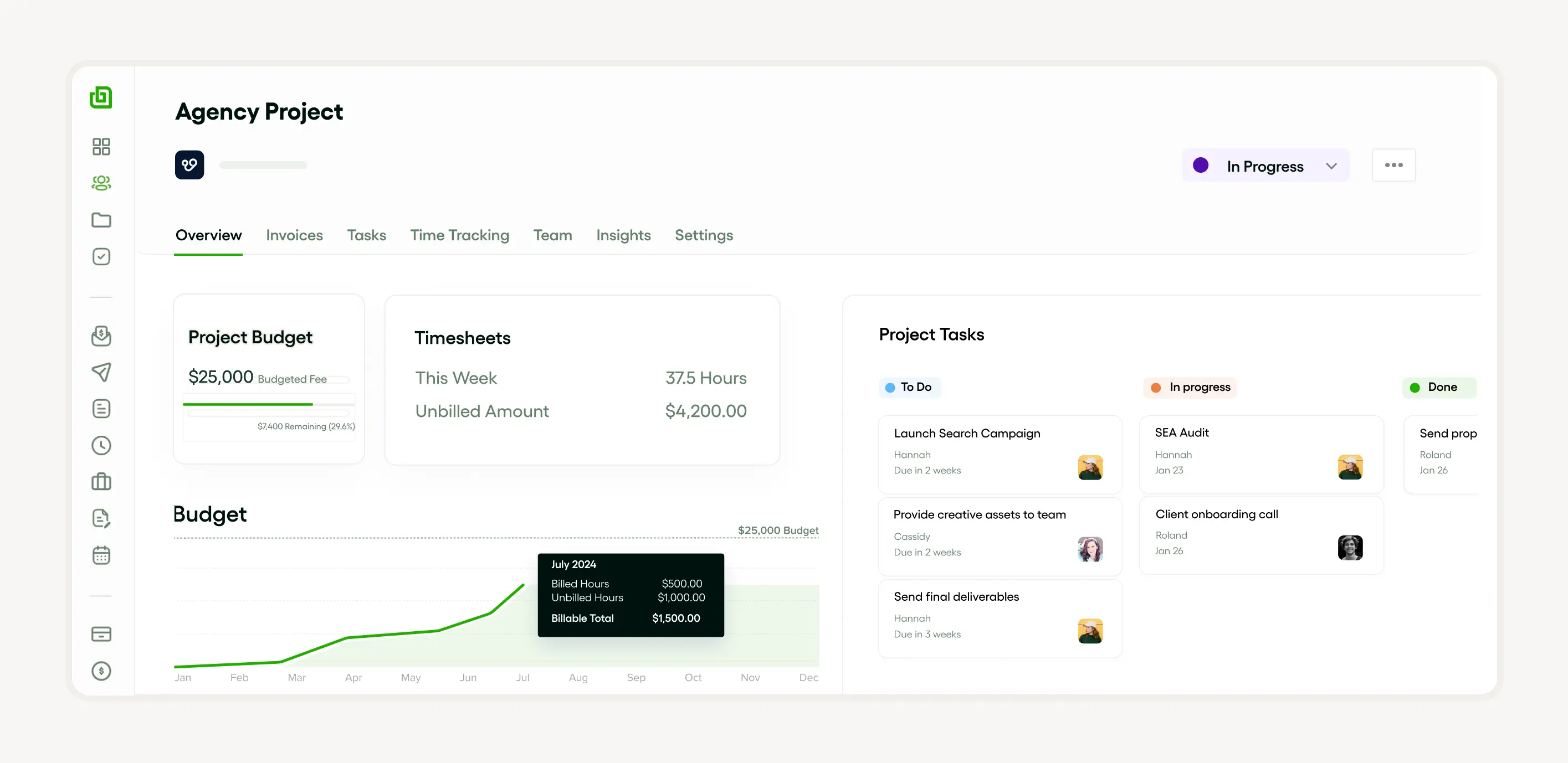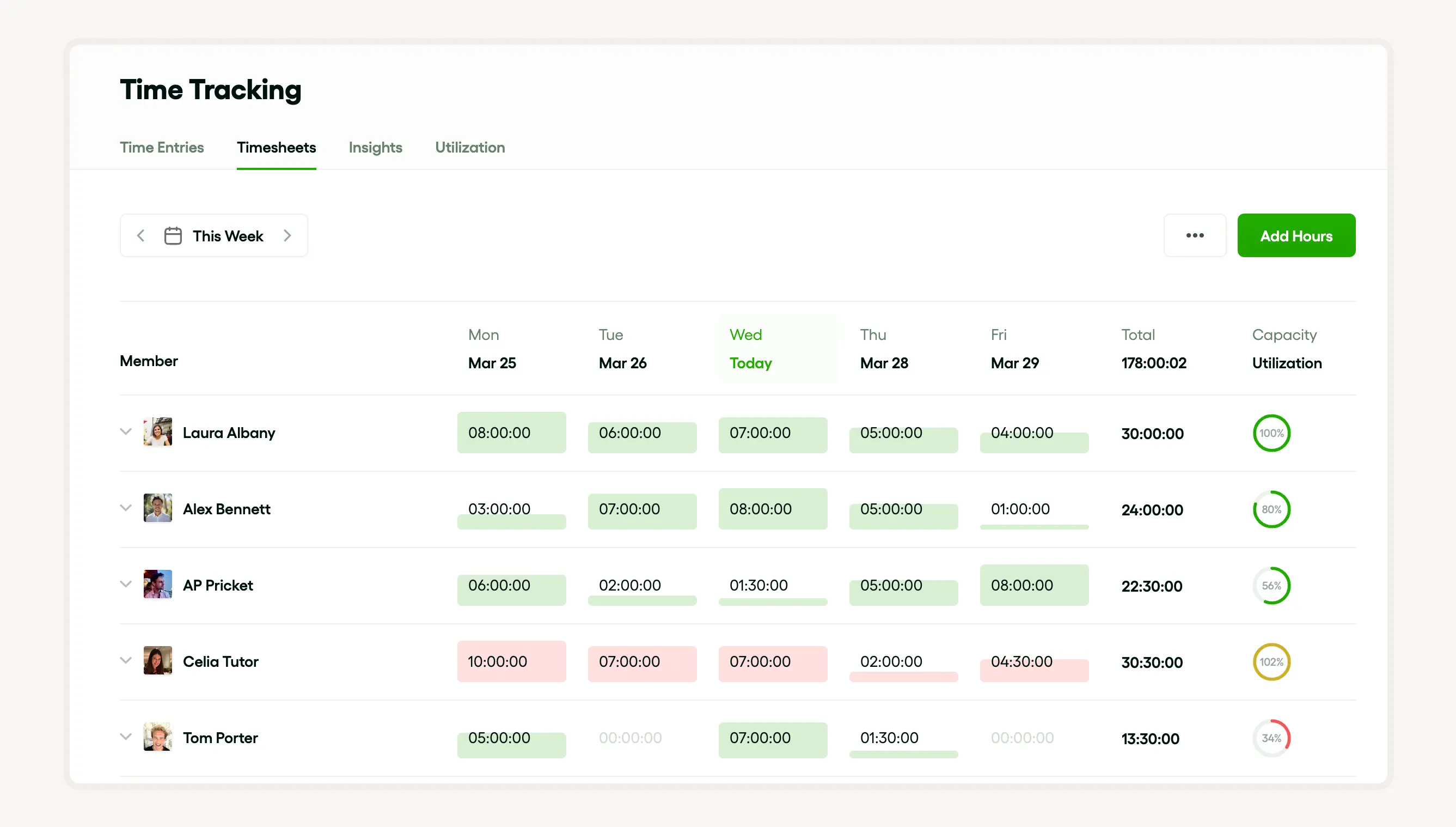In the era of complex business operations, obviously, being versed in project management terminologies can make a huge difference. It’s a matter of fact that the project manager uses project management software to develop a project plan which includes defining the project scope, determining deliverables, etc. The fantastic thing about tools such as a Gantt chart is they aid in resource management. What’s more, other vital terms include project objective, business case, and project charter. The great thing is these all intersect, and contribute towards an efficient execution of projects.
Introduction to project management terms
It's an amazing thing that the management of projects is a vast field that includes key terms such as:
- Project stakeholders
- The scope of the project
- Project charter
What’s notable is a project stakeholder is a person or an organization who has a vested interest in the project's outcome. Fascinatingly, the project scope identifies what the project will achieve and the steps needed to fulfill the objectives. But what is a project charter? Well, know that it is a document that outlines the project's-
- Purpose
- Roles
- Responsibilities
Typically, other crucial elements of project management include the timeline of the project. Plan details, such as the Business case and project plan, provide an overview of the goals of the project.
The best thing about understanding various terms is they help to identify along with mitigating risks associated with scope creep– undesired changes or continuous growth in project scope.
Understanding the basics of project management
What's interesting is that the management of a project is an essential method employed by a project manager to control and direct all aspects of a business project. From the initial drafting of the project charter to the final delivery of deliverables, the amazing thing is every step is meticulously planned using project management software. It is widely acknowledged that key components include:
- A clear project objective
- A detailed plan of the project plan
- Thorough resource management to stay within the budget of the project
One thing is for sure: Regular analysis of key performance indicators helps to ensure goals are being met and the business case is being fulfilled.
Definition of project management
It is fair to say, “Project management is a method for organizing and administering resources, schedules, and tasks to successfully achieve a project objective.” It involves:
- Defining the scope of the project
- Setting KPIs which is also known as ‘Key Performance Indicators’
- Designing and following a project timeline
The importance of project management in agencies
In agencies, remember that the management of projects plays a pivotal role in adhering to:
- The project timeline
- Controlling the budget of the project
- Ensuring that deliverables are met
The remarkable thing about the project manager role is it is crucial in managing resources and preventing scope creep. The sad thing is this scope creep can threaten the project scope. And the worst part is it can also become a threat to the business case which has been defined in the project charter. One notable thing is project management software will aid in these areas, allowing for efficient management of resources.
How Bonsai optimizes your project management
Bonsai optimizes project management through a variety of features. It designed to streamline operations and enhance productivity. Here's are the key features of Bonsai best project management tool:
Project management
Bonsai provides tools for managing projects efficiently, including task management and workflow automation. This helps in organizing projects and aligning team efforts. Bonsai's workflow automation capabilities ensure smooth transitions between different stages of a project, reducing the time spent on repetitive tasks.

Team productivity
The platform is designed to optimize team productivity by automating administrative tasks, which allows team members to focus on more important work. Bonsai's time tracking and billing features are designed to keep projects on track and ensure that every billable hour is accounted for, contributing to the overall efficiency and profitability of your business operations.
Here's how Bonsai boosts team productivity:
- Track your team's hours: With Bonsai, you can easily monitor the hours each team member dedicates to a project.
- Generate Accurate Timesheets: Convert the tracked hours into precise timesheets. These can be used for internal records, client billing, or payroll purposes, providing a clear overview of time spent on tasks.
- Fully Integrated with Project Management: Bonsai's time tracking is seamlessly integrated with its project management tools, allowing for a unified view of project timelines and deliverables.
- Billing Integration: Turn billable hours into invoices with just a few clicks. Bonsai simplifies the billing process, making it easier to charge clients accurately and promptly.
- Track Time on Tasks: Assign time to specific tasks within a project. This feature keeps everything organized and integrated, ensuring that no billable hour goes unrecorded.
- Bill Clients: With Bonsai, you can provide clients with detailed timesheets alongside invoices, enhancing transparency and trust. This feature also streamlines the payment collection process.
Resource management
With features for resource management, Bonsai helps in coordinating work and allocating resources effectively to projects. Bonsai's resource planning tools help in building clear project timelines, scheduling, and tracking progress, which is essential for optimal resource utilization. Assign tasks, set priorities, and track progress. Bonsai's task management capabilities ensure that resources are utilized according to project needs.

Team collaboration
Enhanced communication tools within Bonsai improve team collaboration, making it easier for team members to coordinate and communicate. By consolidating projects, clients, and teams into one integrated platform, Bonsai enhances efficiency and reduces the complexity of managing multiple software solutions.
Client management
A powerful CRM system within Bonsai helps manage client relationships, proposal templates, and contracts, providing a centralized platform for all client-related activities. Bonsai centralizes client information, proposals, contracts, and communication, fostering stronger relationships. Imagine never losing track of a lead or scrambling to find a crucial email. Bonsai keeps everything organized, allowing you to focus on building trust and exceeding client expectations.
.webp)
These features collectively contribute to a more organized, efficient, and productive project management environment.
Key project management terms
Project management is filled with many unique jargons and terminologies. One essential term to know is the concept of Quality Assurance in project management, which is an integral part of ensuring the standard and success of any project. This approach is designed to prevent mistakes and defects in project deliverables, and avoid problems when delivering solutions to customers.
Clearly, a project supervisor is the individual responsible for leading a project from its initiation to execution which ensures that the project objectives are met within the specified timeline. Key elements in project management include:
- Project stakeholders– individuals or organizations who has invested in the project together with its outcomes
- Deliverables– Goods or services that are tangible or intangible produced as a result of the project
What's obvious is adherence to the project budget and effective resource management skills are essential to prevent overruns.
Project scope
The scope of the project includes the use of project management software to effectively plan and track progress. It's well known that the project manager will utilize a Gantt chart to visually depict the project timeline.

What's worth highlighting is the key performance indicators will be monitored to ensure the achievement of the project objectives. Plus, the efficient management of resources will be crucial in aligning with the project budget to prevent scope creep.
Stakeholders
Undoubtedly, the success of project management often hinges on the effective supervision of project stakeholders. It is indisputable that it is the project manager's responsibility to ensure all relevant parties are continually engaged as well as updated. The noticeable thing about this involvement is it typically spans the project timeline from establishing the business case to delivering the final products within the plan of the project. The key to this is robust project management software, which can aid in:
- The management of resources
- Scheduling via Gantt charts
- Defining the project scope
Project milestones
One thing is for certain: the project manager will utilize effective project management software to coordinate deliverables, along with tracking the project timeline. Key tools include:
- The Gantt chart
- The project budget for financial oversight.
What's intriguing is the project plan will outline clear project objectives and key performance indicators that correlate with the business case outlined in the project charter.
Work breakdown structure (WBS)
There is no doubt that the ‘Work Breakdown Structure’ is a crucial tool in project management software that outlines the project scope into manageable sections, helping the manager of the project to allocate resources efficiently. The fantastic thing about the WBS is it establishes the project timeline by devising the deliverables into distinct tasks.

Generally it assists in mitigating the risk of scope creep by clearly outlining the project objective, which in turn, ensures the project charter is adhered to.
Project lifecycle
It's well known that the project lifecycle includes several key stages that a project manager frequently navigates using project management software. Usually they clarify the objective of the project as well as the project scope in a project charter. The noticeable thing about this is it sets expectations for the stakeholders of the projects and assists in preventing scope creep.

Fortunately, the project supervisor creates a detailed project plan that outlines critical deliverables and KPIs (Key Performance Indicators).
Risk management
There is no denying that the management of risks is a critical aspect of any project's life cycle. It's no secret that through the use of project management software, the project manager can manage potential risks by closely monitoring the Gantt chart, project timeline, etc. Undoubtedly, watchful tracking of these elements allows for prompt detection and mitigation of any potential deviations from the project plan. Don’t forget that communication with project stakeholders is also crucial. Remember, emphasis should be put on discussing major roadblocks, deliverables, and project objectives, and addressing scope creep.
Project management methodologies
It’s fascinating how the management of project methodologies guides project managers toward achieving project objectives through a structured approach! Surprisingly tools like project management software greatly assist in managing resources, and establishing a project timeline. You should know that these frameworks aid in the following things:-
- Controlling the budget of the project budgets
- Managing potential scope creep
Agile project management
What’s fascinating is ‘Agile project management’ is a modern approach to handling projects that prioritize adaptability and collaboration. Stimulatingly, the project manager takes a lead role in:
- Dividing the tasks,
- Updating the project plan.
The stunning thing about this is the focus is given to deliverables with the project stakeholders constantly informed. Notably, key pieces of project management software are used to ensure the proper management of resources.
Waterfall project management
It's significant to note that waterfall project management is essentially a linear, sequential design method often used in project management domains. The best thing about the project supervisor is they orchestrate a set plan detailing to:
- The project scope,
- The timeline of the project

One remarkable thing is this procedure is optically boosted by tools like Gantt charts. What’s cool about this Waterfall management is it reduces the chance of scope creep and ensures that the project budget and key performance indicators align with the original business case.
Scrum project management
Notably, “Scrum is a popular method in project management software that focuses on maximizing team efficiency and deliverable quality.” It is common that a project manager will divide tasks into sprints, each ending with a tangible deliverable.
This adaptive approach involves regularly updated project scopes. It's crucial to be aware that it also promotes collaboration among project stakeholders.
Project management tools and software
One thing is clear: Project management software is a vital tool for any project manager. Evidently, it assists in handling various tasks. What’s noticeable is this software helps monitor the project's key performance indicator or KPIs, to ensure alignment with the project objective and scope, thereby preventing scope creep. The best thing about the tools of project management is they also provide a platform for communication and collaboration among project stakeholders.
Bonsai
One thing is for certain: Project Management Tools and Software like Bonsai are revolutionizing the way small businesses and professional service providers manage their operations. Bonsai is an all-in-one CRM that integrates client, project, and finance management into a single, streamlined platform.
It simplifies the entire business process– from lead collection to contract management, project management, invoicing and payments! It is important to emphasize that Bonsai's project management capabilities are particularly noteworthy.

Wait, there’s more to know about Bonsai! Here, tasks can be tracked, budgets monitored, and timesheets managed, all within the same interface!

Stunningly, this centralization of project delivery tools makes it easier for teams to deliver projects on time and within budget. For the management of clients, Bonsai offers a suite of features to automate workflows and provide a top-notch experience.
What's worth highlighting is this includes a CRM for managing leads, proposals, contracts, and meetings, as well as a client portal for better engagement.
Microsoft Project
‘Microsoft Project’ is a powerful project management software employed by project managers to streamline the scheduling, as well as monitoring of the project timeline.
It’s no secret that it helps produce a detailed project plan, set project objectives, and manage the project budget effectively. However, the sad thing about using MS Project is it may often feel like navigating a maze with no end in sight. What’s sorrowful is the high cost of the software can be disheartening for small teams and startups with limited budgets. So, if you have a small team with a limited budget, this software is not recommended for you.
Asana
Don't forget that Asana is a powerful project management software widely used by project managers and project stakeholders across various sectors.

It comes as no surprise that it is intricately designed to streamline the overall project planning and execution phases which allows teams to create deliverables within the set project timeline. What’s notable is that this software is rich in features.
Trello
‘Trello’- a many-to-one project management software preferred by project managers across the world. One notable thing is it facilitates direct communication between project stakeholders and aids in resource management effectively. This tool eases the process of preparing such as:
- A project plan
- Defining the scope of the project
- Keeps scope creep in check
Trello, despite its simplicity, can sometimes feel like a disappointment. It's a worrying thing that its basic features often fall short for more complex projects. Sadly, customization options are limited too. What's worse is the lack of advanced reporting makes it difficult to gain meaningful insights.
Role of a project manager
Generally, A Project supervisor is a key figure responsible for the following 5 things:
- Initiation
- Planning
- Execution
- Control
- Closure of a project
It's well known that they develop and manage key aspects of a project such as a project plan, scope, and timeline, and, obviously, they have to collaborate effectively with project stakeholders to ensure project objectives are attained. It is imperative to note that they handle resource management too while reliably monitoring the project budget. What's interesting is that a Project Manager ensures tasks are allocated effectively.
Responsibilities of a project manager
It's beyond dispute that the primary responsibility of a project manager is to ensure the successful execution of a project– from its initiation phase until its culmination based on the project timeline. What's obvious is they prepare the project plan, keeping in mind the project objective. Typically, this includes defining the project scope to avoid scope creep, planning and overseeing the budget, etc. It would not be an overstatement to say, “A project manager is central to turning the business case into a successful project.”
Skills required for a project manager
Definitely a project supervisor must possess a broad array of skills. It is crucial to highlight that proficiency in project management software is essential to:
- Efficiently execute tasks
- The assigning of resources
Remember, the project manager must be adept at developing a clear project plan, and setting key performance indicators to measure progress toward the objective of the project. What’s worth noticing is that a manager of the project needs strong communication skills to effectively liaise with project stakeholders. One beneficial thing is this ensures customer requirements are met.
Conclusion: The importance of understanding project management terms
One thing is proven: Being aware of project management terms such as is vital for any project supervisor. What’s more, these terms provide a foundation for effective communication among project stakeholders and contribute to the successful completion of deliverables within the timeline of the project. With a clear comprehension of these terms, a project manager can effectively predict the project budget. At the same time, the supervisor of the project can also evaluate the project's success against the key performance indicators when they know about these terms.





